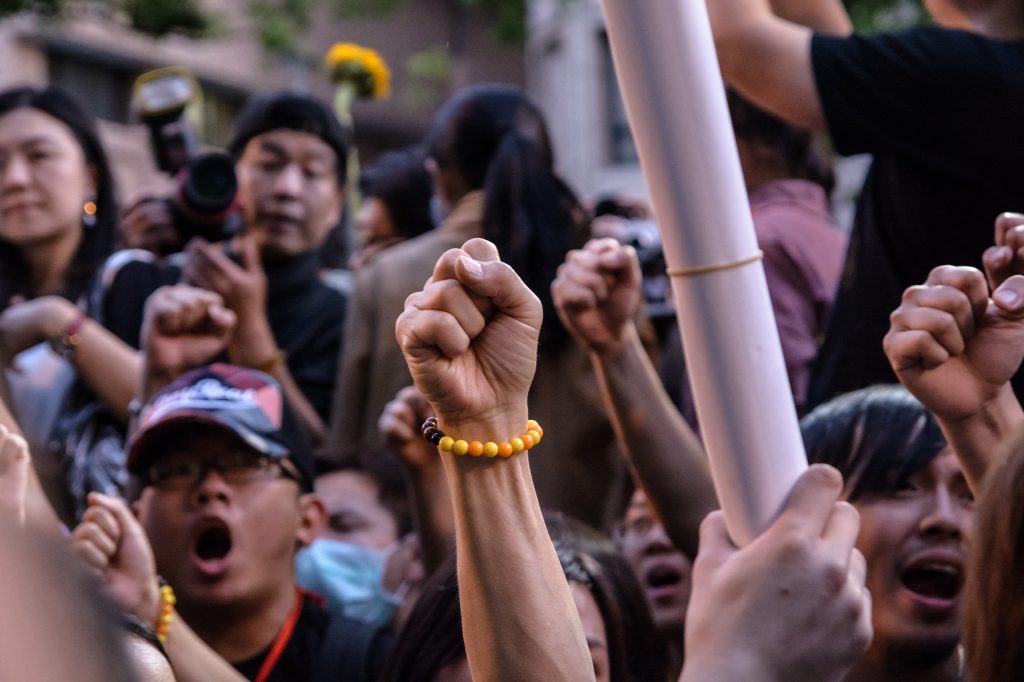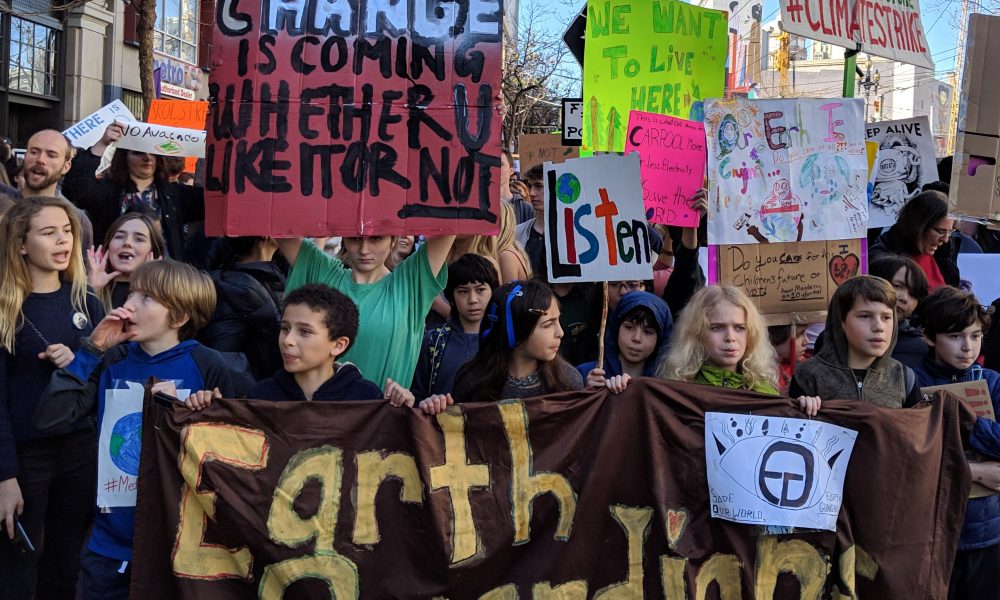A notorious winter entrenched American towns the year Prohibition swept across the nation, driving conversations over Gin Rickeys and Mary Pickfords into dubious contraband bars underground. The American people forced into the shadows and an industry stifled – it was the worst of times. Since then, the United States government has been consistent in its regulation of consumption goods deemed to be detrimental to the American public. A hundred years later, we can finally enjoy our Moscatos and Jagermeisters, but various mainstream goods, such as cannabis and categories of electronic cigarettes, remain inaccessible in public markets. Is it the best of times?
It is 2019. Tens of hundreds of wars later, we can finally fly. Maybe it is the best of times: the age of global unification and bubbling innovative novelty. A simple search on Ecosia, a search engine that plants trees with its every search, informs me that September is supposed to mark the end of the dry Congolese heat, but the weather continues forecasting it in asphyxiating levels. While I am considering the slogans I will put on my protest board for the upcoming Climate March in New York City, children as young as seven are mining for cobalt — not the beautiful color, blue, but a ubiquitous blood mineral present in the majority of our smartphones.
We know in the back of our minds that the products we consume follow an unethical supply chain. In passing liberal discourse, we bemoan the possibility that the production our phones necessitate violent labor practices in which workers, in addition to bearing exploitative conditions, face the impact of climate change as it disrupts weather patterns and generates conditions unsuitable for labor. It is no secret that the iPhones and Samsungs of the corporate world are responsible for the perpetuation of inequality and expansive climatary ruin. And where does our accountability fall when lavish shops displaying phones with sleek, obsidian casings temper us to cave into our consumerist desires, despite our awareness that perhaps we should resist? It is the worst of times.
It is the worst of times because the collective moral stance we have taken is complacency. It is a conscious decision to bat an oblivious eye to the reality that in our increasingly integrated global economy, our consumer habits are the most lethal instruments in the war against the poor. It is the worst of times because we use our ignorance to evade necessary moral dilemmas — and because we are incapable of the foresight that informs us that cheap, disposable products accrue higher overtime costs for both ourselves and the environment. It is the worst of times because our government does not shy from restricting consumption when it appears detrimental, but refuses to regulate a production scheme that has been complacent in the shredding of human dignity; and unless we vehemently transform ourselves, we too will be complacent in this genocidal process of mass affliction against not just human lives, but our planet as well.
It is the worst of times because we seem to believe that our lives exist in a vacuum, affecting only that which we can see. And because of this, maybe we have failed, not just individually but in our forms of governance, for beyond a change in laws, the rise and fall of our government’s regulatory patterns reveal the growth and regression of its moral trajectory. Every law passed, every presidential executive order ever announced, and every legislative bill proposed reflects the moral decisions of our representatives in the way our lives ought to be governed. And just like that, the absence of protective laws indicate a failure in the moral mission of government in keeping us safe. Is our government truly doing all that it can to keep us safe? Is our world not burning before us, literally and metaphorically, unequipped to tackle rising inequality and a looming climate catastrophe? It is the worst of times.




Comments are closed.